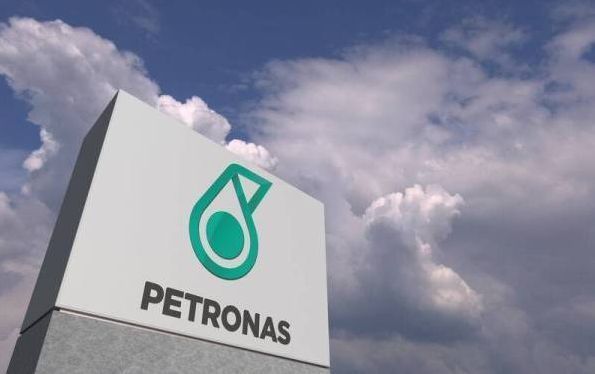At the East Asia Summit (EAS) held at the Kuala Lumpur Convention Centre, Malaysia’s Prime Minister Datuk Seri Anwar Ibrahim made a heartfelt call for sustained engagement and open dialogue with Myanmar and North Korea, urging fellow leaders to balance diplomacy with compassion and understanding.
As the current ASEAN Chair, Anwar emphasized that Malaysia will soon host inclusive engagement sessions in Kuala Lumpur, inviting all 27 minority groups and opposition parties from Myanmar ahead of the country’s upcoming general elections on December 28.
While international observers and human rights organizations have questioned the legitimacy of the polls, Anwar maintained that Myanmar must be allowed to manage its own affairs through its national systems—provided that humanitarian and democratic principles remain respected.
He highlighted progress in humanitarian cooperation, noting that Myanmar’s junta leader, Senior General Min Aung Hlaing, agreed to two ASEAN conditions earlier this year following the earthquake crisis—an immediate ceasefire and unrestricted access for citizens to ASEAN-supported field hospitals.
“For the last one year, we’ve seen some level of progress,” Anwar remarked. “There have been complaints of shootings, but certainly not at the scale that it used to be.” He further stressed the importance of inclusive, free, and fair elections while encouraging continued humanitarian assistance to ensure the people of Myanmar are not left isolated.
Turning to North Korea, Anwar urged leaders to maintain “some form of engagement” despite ongoing missile tests, stating that dialogue remains the key to stability in the region.
He also reaffirmed Malaysia’s position on the South China Sea disputes, calling for ASEAN and its partners to resolve differences peacefully and without external interference.
On the situation in Gaza, Anwar underlined the necessity for EAS members to monitor the 20-point peace plan, initiated by U.S. President Donald Trump, to ensure genuine and lasting peace for Palestine. He reminded leaders that “peace cannot be achieved through pressure but through sincerity, justice, and persistence.”
The East Asia Summit, celebrating its 20th anniversary this year, gathers ASEAN’s 10 member states and eight key partners — the United States, China, Japan, India, Russia, Australia, New Zealand, and South Korea — reaffirming the region’s collective responsibility in maintaining peace and stability.
In essence, Anwar Ibrahim’s message was clear: diplomacy must not be abandoned in the face of difficulty. True progress is achieved through listening, understanding, and engaging, even when disagreements persist. His call was not merely political—it was human.




